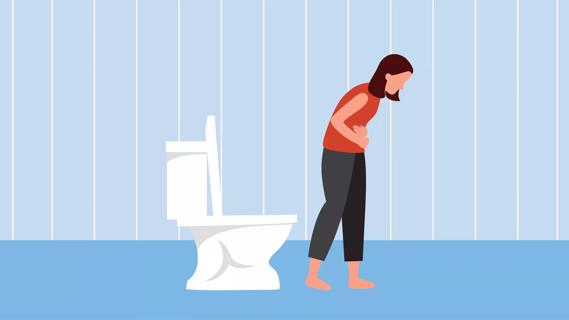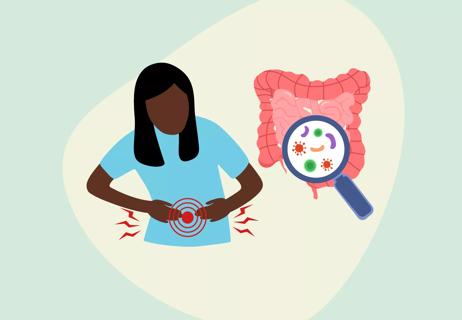Children should be screened for lead poisoning starting at ages 1 and 2

If you and your family live in an older home, your children might be at risk for lead poisoning. Lead poisoning is a serious condition that can irreversibly damage your child’s nervous system, brain and other organs. In addition to health problems, elevated levels of lead can cause learning disabilities and behavior problems that affect a child’s ability to pay attention.
Advertisement
Cleveland Clinic is a non-profit academic medical center. Advertising on our site helps support our mission. We do not endorse non-Cleveland Clinic products or services. Policy
Lead is a poisonous metal that is especially dangerous to babies and young children, says pediatrician Maria Tang, MD. It is most often found in lead-based paint, in dust that forms when lead-based paint is scraped, sanded or worn down through use, and in soil that becomes contaminated with peeling, lead-based paint. Children living in homes built before 1978 or older homes undergoing renovation are at a higher risk for lead exposure due to lead-contaminated house dust and soil.
Lead can also be found in:
Lead paint gets into children’s systems when they:
Advertisement
Many factors can affect how much lead is absorbed, but inhaled lead is more likely to be absorbed than ingested lead. Lead attaches to red blood cells, then moves into the soft tissues, such as the liver and lungs. If lead is absorbed into your bones, it can stay there for decades and recirculate in your blood if a bone is broken.
“Unfortunately, most cases of lead poisoning have no symptoms,” Dr. Tang says.
Every child should be screened for lead exposure at ages 1 and 2. This is based on recommendations from the American Academy of Pediatrics.
“Lead poisoning continues to be one of the most preventable public health problems,” Dr. Tang says. “The banning of leaded gas in 1986 and lead-based paints in 1978 have contributed to the dramatic decrease in children’s lead blood levels over the past four decades,” she says.
“But all children who are at risk for lead exposure or live in a high-risk zip code area should still get tested for lead,” Dr. Tang says. “Pregnant women also should seek the screening,” she says.
Your doctor can order a blood test or it can be performed at your local health department. Children who are covered by Medicaid are eligible for free blood screening and are required by many states’ laws to get one.
“If your child’s blood-lead levels are too high, your doctor can start medical treatment to remove the lead,” Dr. Tang says. “If not treated, elevated levels of lead have been shown to affect a child’s academic achievement.”
If you’re pregnant, make sure to avoid exposure to lead, as it can affect fetal development.
You are not able to see, smell, or taste lead in tap water. The only way to know if you have your water tested. You can call the Safe Drinking Water Hotline at 1-800-426-4791 to find out if your water needs to be tested.
Advertisement
For more information, visit the Centers for Disease Control website.
Advertisement
Learn more about our editorial process.
Advertisement

Salmonella is a common bacterium that can contaminate raw meat, eggs, seafood and more

Rinsing raw chicken raises the risk of spreading harmful bacteria and causing foodborne illness

Keep cooked rice and pasta in your fridge — not on your counter — to help prevent this sneaky food poisoning

Mushroom poisoning is real — and it can cause liver failure

Food poisoning typically passes within 12 to 48 hours, with symptoms including diarrhea, nausea, stomach pain and vomiting

Learn about the symptoms and find out how to protect yourself and your family

An expert warns us about the dangers

A dermatologist’s advice for finding some relief for that itchy rash

Wearing a scarf, adjusting your outdoor activities and following your asthma treatment plan can help limit breathing problems

Your diet in the weeks, days and hours ahead of your race can power you to the finish line

When someone guilt trips you, they’re using emotionally manipulative behavior to try to get you to act a certain way